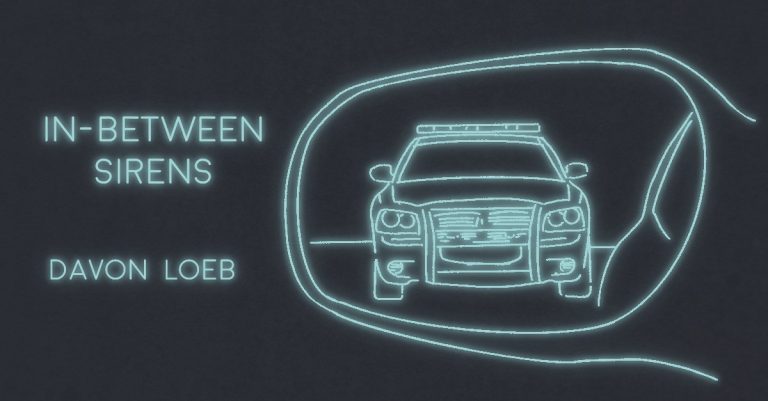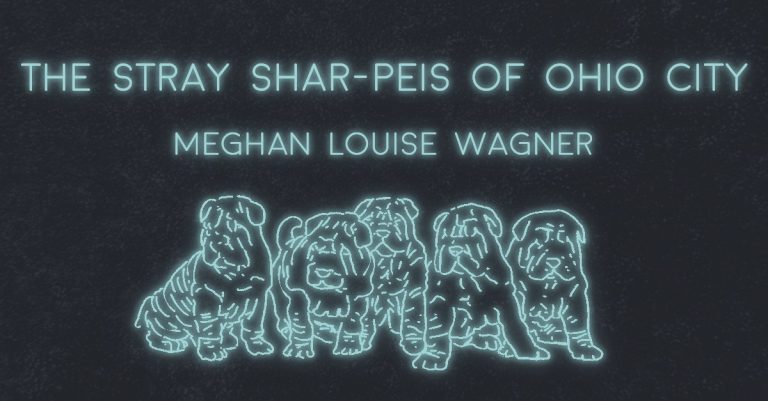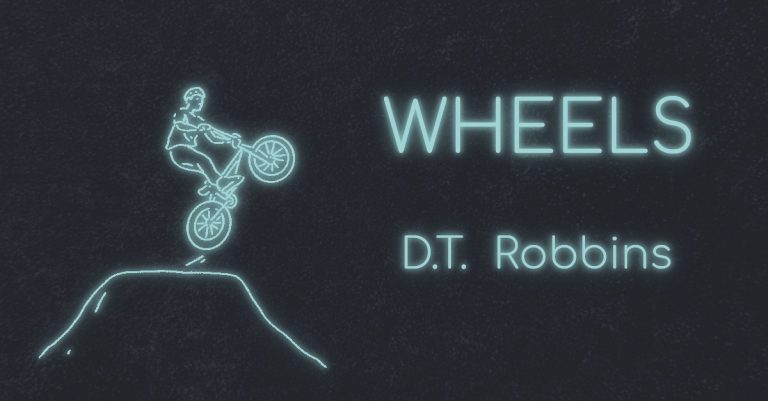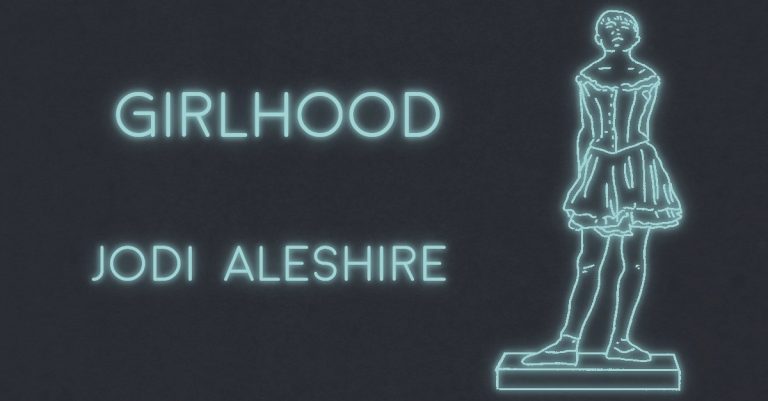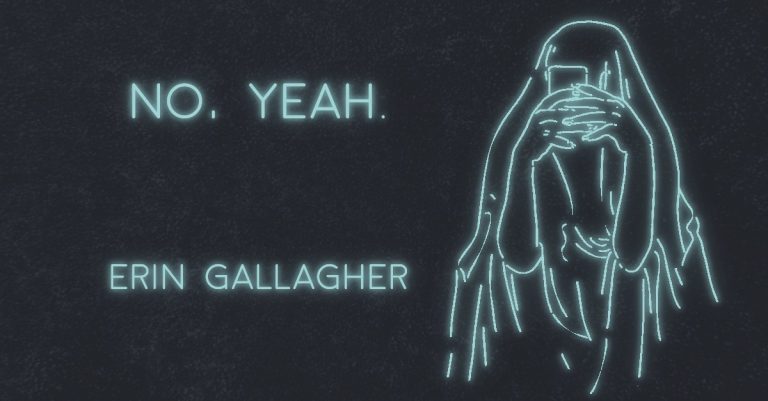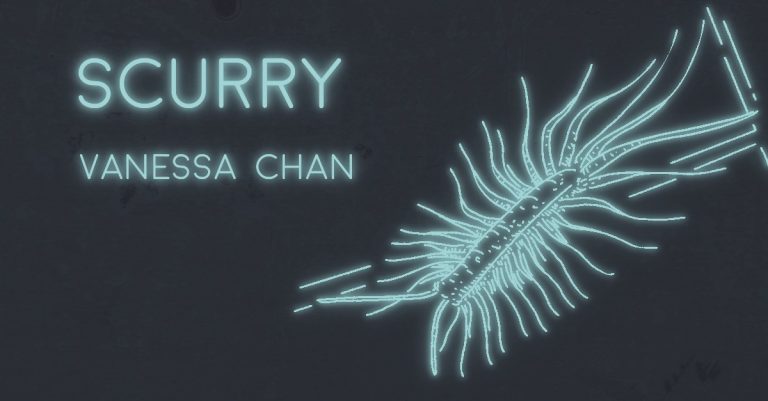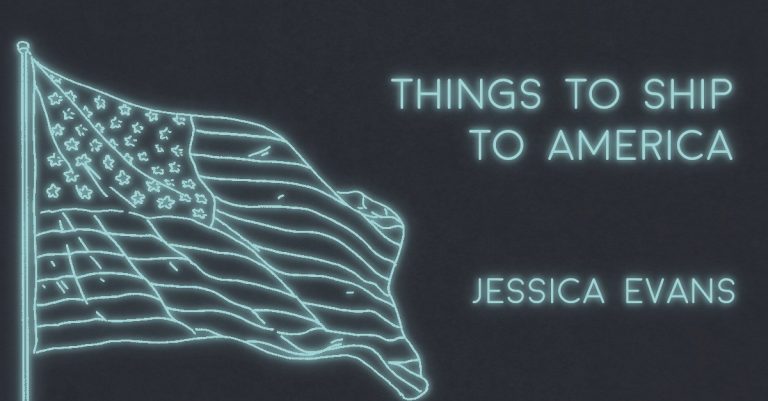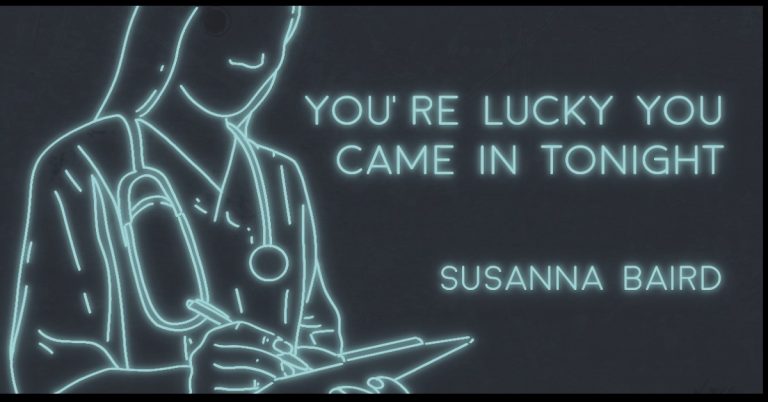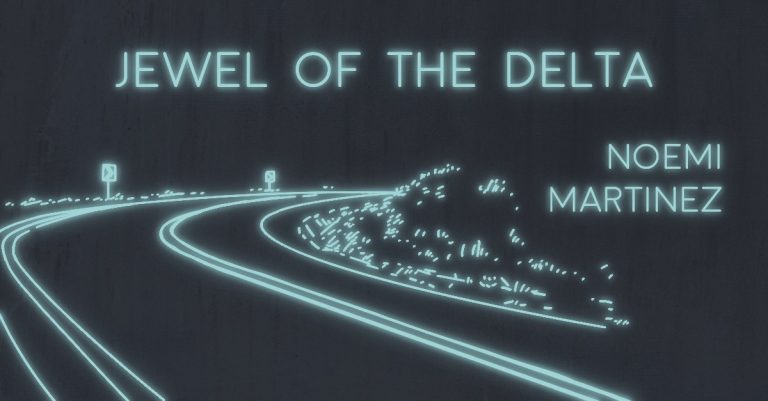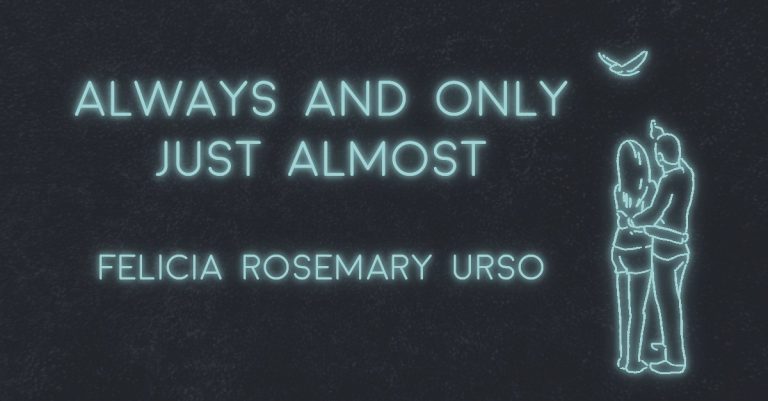
ALWAYS AND ONLY JUST ALMOST by Felicia Rosemary Urso
Strangers came by to give you gifts: a fresh fish on ice in a styrofoam cooler, metal frying pans, a machete, two bottles of rum, a bunch of bananas the size of my torso. At night, we played gin rummy, shared liters of Kava and waited for a full moon. In the daylight, you showed me the jungle and explained every root or plant I could use for sunscreen or gelatin shampoo. I woke up picking my scabs, legs stuck to the leather couch on your porch. Nineteen and sick for you. You were two hours late when you pulled

